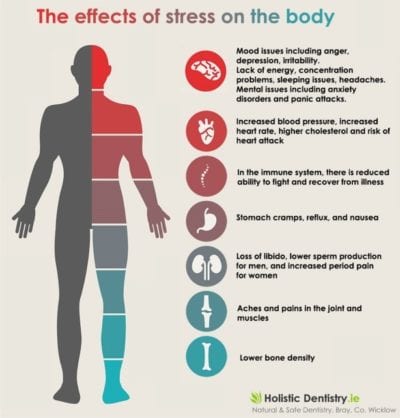Effects of mental stress on heart differ between men and women
Did you know that long term mental and emotional stress can lead to serious health problems in the future? My guess would be yes, you have. But I bet you aren’t aware that mental stress may influence the health of men and women differently, according to new research published earlier this year in the Journal of the American College of Cardiology.
This was shown through a study composed of 310 people who were all being treated for heart disease. They were selected because they also participated in the Responses of the Mental Stress Induced Myocardial Ischemia to Escitalopram Treatment (REMIT) study.
Each person who partook in the study was required to take part in three separate tasks, all of which created to induce mental stress. These tasks were a mental math test, a mirror tracing test and an anger recall test. Once complete, they took part in a physical assignment that required them to run on a treadmill.
Throughout each assignment, and even in the periods between these assignments, the individuals’ blood pressure and heart rate were monitored. The researchers also took blood samples during the process and any cardiovascular changes were monitored with an echocardiogram.
What the researchers found was that the cardiovascular effect of mental stress varied significantly between males and females.
Gender-differing effects of mental stress on heart ‘should be considered in treatment’
Women were more likely to go have complications associated with heart disease due to mental stress than men. These conditions included the early formation of blood clots and reduced blood flow to the heart because of blocked arteries. Interestingly, this stress also seemed to bring about more negative emotions and suppress positive emotions in the female subjects.
Men, however, demonstrated more changes in blood pressure and heart rate than women in response to mental stress.
The scientist who headed the study commented on these relationships saying, “The relationship between mental stress and cardiovascular disease is well known. This study revealed that mental stress affects the cardiovascular health of men and women differently. We need to recognize this difference when evaluating and treating patients for cardiovascular disease.”
He goes on to say that further studies are need to be done to better comprehend how the effects of stress on the heart differ by sex, especially for chronic & long-term stress.
The lead researcher made sure to add that, “This study also underscores the inadequacy of available risk prediction tools, which currently fail to measure an entire facet of risk, i.e. the impact of negative physiological responses to psychological stress in both sexes, and especially so among women.”

